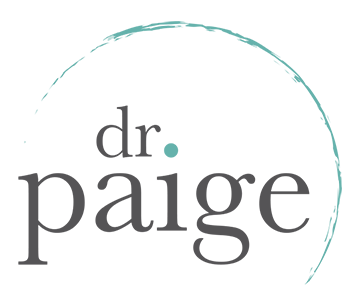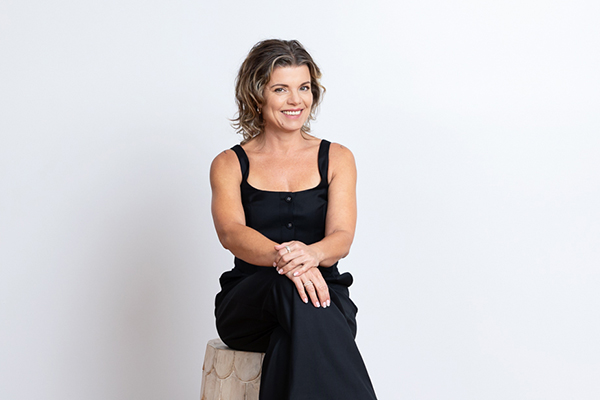5 ways to dial up accountability with your team
Struggling with accountability in your team? You’re not alone. But there are a few simple ways you can drive authentic engagement.
My two adolescent daughters went back to school last week after more than 6-months of home schooling due to COVID. And let me tell you, our mornings are transformed! The girls have to be out of bed, have eaten breakfast, be in uniform and looking respectable in time to catch the bus. All of this before 8.20am – something I haven’t seen in a while!
And yet they did it. I didn’t have to wake them up, nag them to get dressed or try and force breakfast into them to help their brains function well. They took responsibility for what needed to be done and held themselves accountable to do it.
And how easy our mornings went because of it!
Dial up accountability with your team
The same is true in teams. People with high levels of accountability view outcomes as being influenced by their own voices and actions. They have what psychologists call an ‘internal locus of control’. Because of this, they are more likely to take responsibility for the consequences of their actions and be resilient in the face of uncertainty and change. In contrast, people who attribute results to their environment or circumstances tend to believe that they have little power or influence on their success or failures. They have an ‘external locus of control’, and this creates lower levels of accountability.
You’ll know whether you’re dealing with someone with an external or internal locus of control by the language they use. Someone with a strong internal locus of control – and higher levels of accountability – will use the word ‘I’ more often when they talk about what has contributed to the situation or outcome – whether it’s good or bad. Those people with an external locus of control (and lower levels of accountability) will look elsewhere – to other people or circumstances beyond their control – as contributing factors.
And accountability matters.
What drives a team to be accountable?
Workplace researcher Cy Wakeman has found that on average, employees spend two and a half hours each day in workplace drama, of which 23% is due to lack of accountability. Despite many organisations focusing on employee engagement as a key driver for performance, Cy’s research shows that it is accountability rather than engagement that drives business success.
Leaders take note.
If your organisation is spending a lot of time and energy focusing on engagement, understand that not all voices in the engagement results picture are equal. The strategic driver to improving performance and engagement is to listen to the people who are ‘highly accountable’ – those who are prepared to get in the arena, try new things, take responsibility for the outcomes and learn forward – rather than those who simply want to heckle from the grandstand seats.
I shared this with a CEO mentoring client of mine recently and it transformed his understanding of the results from the staff survey they had recently completed. The reality is that it’s impossible for leaders to meet the needs of both high and low accountability team members. Instead, I encouraged this CEO to focus on supporting his people with higher accountability and finding ways to coach up the accountability of other team members, or let them go.
I believe that responsibility and accountability are critical to making progress and achieving outcomes. Not convinced? Just think about any of the frameworks, models or processes that you use with your team or in your organisation – whether that’s agile, meeting protocols or change processes – without accountability they become meaningless.
And yet so often we don’t do what’s needed to create accountability.
What’s holding us back?
Ironically, leaders actually need to let go in order to ask more of their teams. This is because research suggests that autonomy and accountability go hand in hand. As you can imagine, that can feel counter-intuitive to most leaders, who fear that if they give their people autonomy, then accountability will be shirked and responsibility abandoned. But multiple studies have found that when people are provided with autonomy supportive environments, their desire for connection and a shared sense of purpose means they willingly choose to work in ways that are accountable and responsible to each other. Just like my daughters did last week.
‘Accountability is not just a question of nature or nurture. Accountability is a mindset that can be developed.’ Cy Wakeman
So, what can you do?
5 ways to dial up accountability with your team
- Listen to the right people – focus on supporting team members with higher accountability, who are enabling growth and success. You can do this by asking: “What do you need? What’s in your way? What can you do? How can I help?”
- Establish clear expectations – clarity is at the heart of accountability. What do your people care enough to own? What does success look like for them? How will they achieve the desired outcome? What timeframe will they work towards? Whose help do they need? Is all of this aligned with the team and organisation’s goals and resources? Ensuring this is clear means that there is no ambiguity about what they are being asked to be accountable for.
- Measure progress – agree on how progress will be measured on both learning and performance goals to provide accountability checks. It is normal for people’s commitment to ebb and flow as they try to take responsibility and run into obstacles and setbacks. Quick, regular check-ins on the progress being made can be an effective way for people to maintain their accountability and identify issues early.
- Ask for accountability – rather than assuming commitment or ignoring unwillingness, directly ask your team members “What is your level of commitment? Can I count on you to do this?” – so that you have informed consent rather than pinning your faith on hope.
- Avoid rescuing people – without shaming and blaming people, make consequences visible and undiluted. Unless people are truly at risk or the greater good is threatened, let the consequence flow and be willing to create psychologically safe spaces to talk about what can be learned from the experience.
We often hear about the need for ‘courageous conversations’ in workplaces. Rather than being conversations in which we are vulnerable (the original meaning from Brene Brown’s work), I find this is often code for accountability conversations. In my experience, when leaders listen to the right voices and coach for accountability there is a cleanness and clarity to discussions that removes the need for them to be courageous.
And just to be clear with you, I showed up to my morning responsibilities too – back to making packed lunches!
If I can help you or your leaders dial up responsibility by helping them learn how to coach for accountability, just click here – I’d love to help.

Dr Paige Williams
International Speaker, Author, Mentor
Determined to help leaders move beyond just the need for resilience, Paige provides practical, evidence-based strategies for leaders to become antifragile, lead themselves and their teams to thrive and succeed in the Decade of Disruption.






